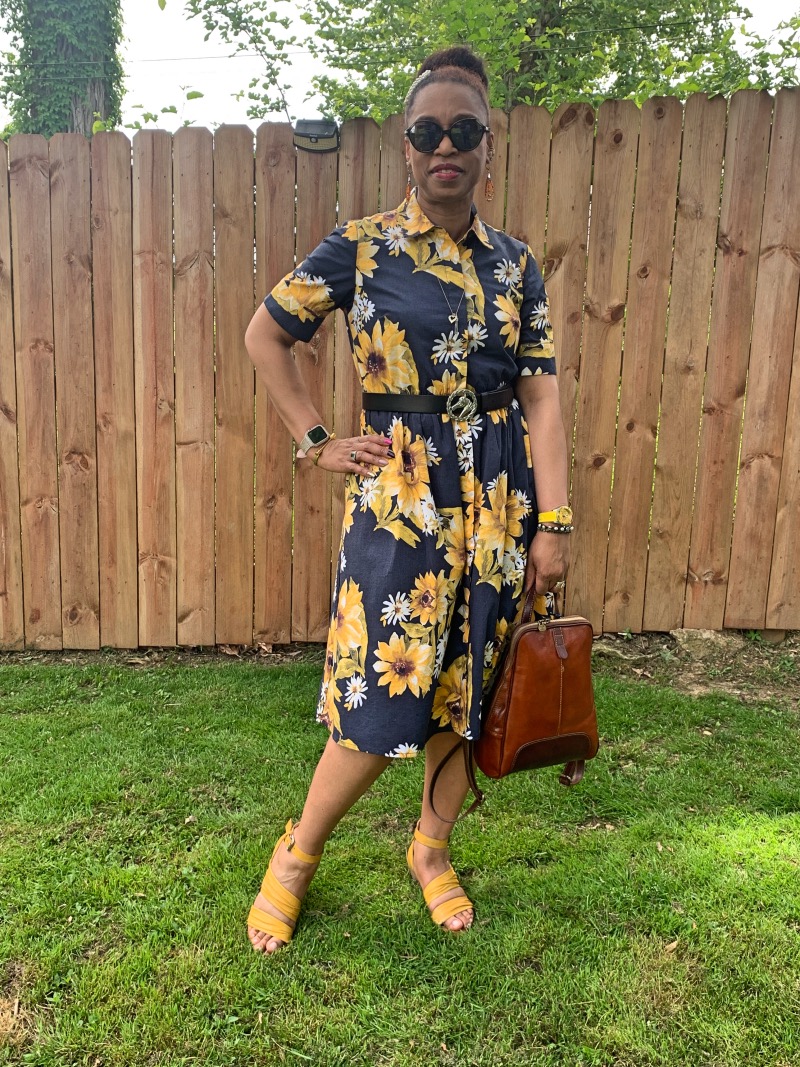
When you’re young, you don’t think twice about your hearing. Everything just works.
But as you get older, things can be different. You suddenly notice that you’re having to say, “what” and “pardon” more than you used to. And it’s not just because you let your hair drop down past your ears. Something’s gone wrong with your hearing.
Popular culture says that hearing loss is the result of aging. But as you learn more about it, you soon discover that lifestyle is also a major contributing factor, just as it is for practically every other illness.
That’s both good and bad news. It’s bad news because it might mean that your hearing loss was preventable. But it’s good news because it means that you can take control of your ear health in ways you never imagined.
In this post, we take a look at some of the easy ways to protect your ears as you get older.
Avoid Continuously Loud Noises
The odd clap of thunder here and there isn’t going to wreck your ears. But if you’re in the habit of exposing your auditory system to loud noises continuously, then you could be in for a lot of trouble.
The biggest culprit is listening to loud music through earbuds. Many people don’t realize that these devices can produce sounds well in excess of the 85 dB safety cut-off. And some of them can be as loud as a pneumatic drill.
Unlike those sounds, though, listening to music is pleasurable. So people will happily listen to noises with the sound cranked up to the maximum, even if it is damaging the internal machinery.
Loud noises damage the ears via several mechanisms. The first is by damaging the tiny sound-sensing hairs in the middle ear that send nerve signals for processing in the brain. These are extremely delicate. When they stop working, incoming noises sound more muffled.
The second mechanism is by damaging the eardrum, a critical flap of skin that transmits sound signals from the outer to the inner ear. High-energy sound waves cause it to become slack, diminishing its effectiveness.
Actively Seek Quiet
If you want to protect your ears, though, you need to do more than just stay away from loud noises. You also need to actively seek out quiet in your day-to-day life.
Remember, 85 dB isn’t actually that loud. It’s about the same volume as somebody talking normally six inches from your ear.
People who want to look after their hearing will often, therefore, seek out low-noise appliances. They will also ask managers in commercial settings to turn the music down if it’s too loud.
Wear Hearing Protection
Hearing protection is usually something you only see people wearing on building sites to protect their ears from high noise levels. But ideally, you should be wearing them in all excessively loud environments.
Hearing protection can be expensive, but it doesn’t have to be. Some people like to wear earmuffs because they look stylish, but there are plenty of other options out there. Earplugs, for instance, are sold by the hundred and actually block out more noise than their more expensive counterparts.
Avoid Smoking
What could smoking possibly have to do with your hearing? Well, quite a lot actually. Just as smoking damages the lungs and heart, it also adversely affects the ears. The blood vessels supplying the auditory system fur up and, eventually, stop supplying it with the blood it needs. Critical tissues then die back, leading to hearing loss which is hard to recover.
Keep Earwax Levels Low
Earwax is a major contributor to hearing loss, but also entirely preventable.
Usually, earwax will drain from the ear naturally, carrying debris to the auricle, before drying and flaking off into the environment harmlessly. However, sometimes it can become compacted, and the ear can’t remove it naturally. When this happens, it blocks sound waves from reaching the eardrum, giving people a “head in a barrel” sensation.
Fortunately, there’s a lot that you can do to keep earwax levels low. If you have mildly-impacted ear wax, you can get over-the-counter drops that you pour into the ear to loosen the cerumen and eventually dissolve it. If, however, it is more severe, you may have to go to an audiologist to get it removed physically using special tools.
Check Your Meds
While most medications are safe, some are associated with progressive hearing loss. Aspirin, for instance, can harm the ears, as can some antibiotics and chemo drugs. Always check your hearing status before and after a course of medications to determine whether they’re harming your ears or not.





Follow!